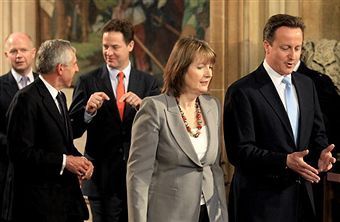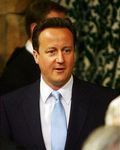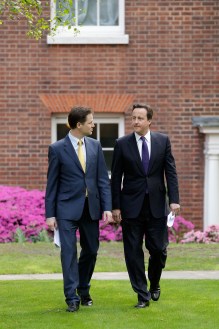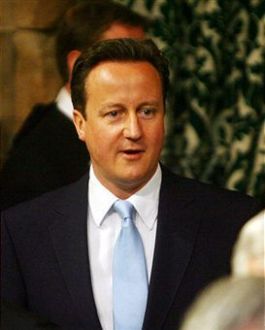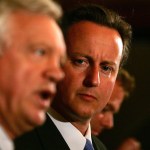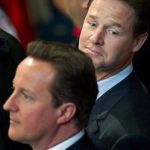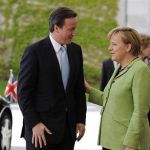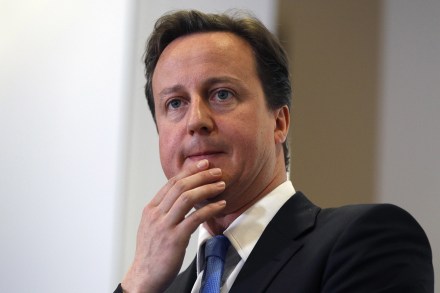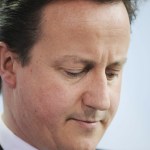What to look out for at PMQs
Today is the first PMQs of the new term. Given the Coalition, the whole thing will be a bit different from what we’re used to. The leader of the opposition will, as before, have six questions. But no other MP will have more than one question. There’ll be a couple of little things I’ll be keeping a particularly close eye on. During the opening of the Queen Speech debate last week, the front bench was so crowded that Nick Clegg was not really visible on the TV. Instead, Cameron appeared to be flanked by two Tories. It’ll be interesting to see if this leads to a slightly different seating
